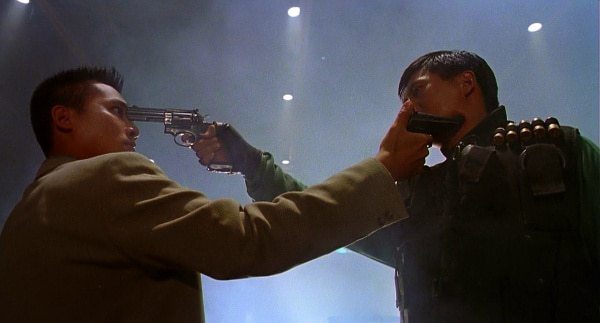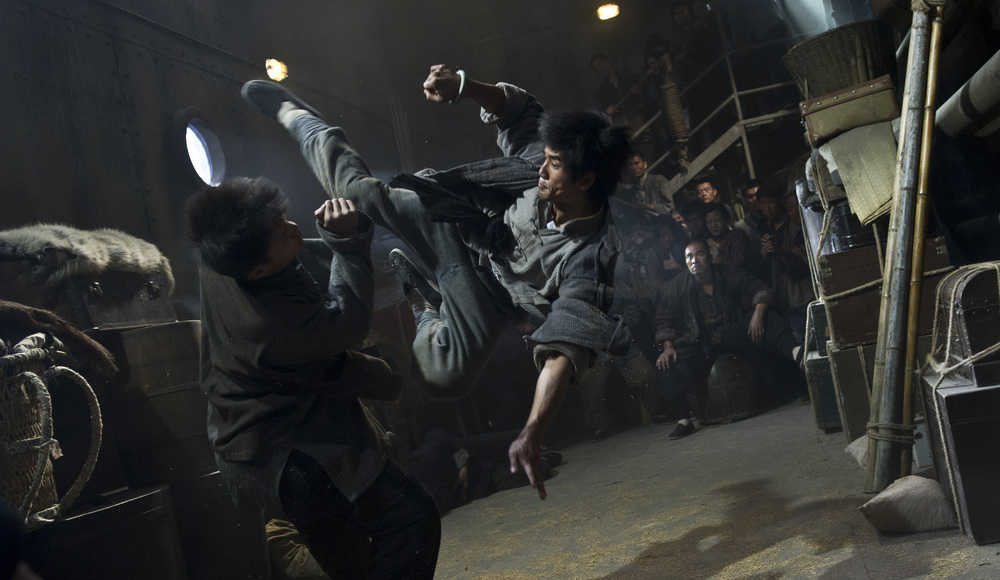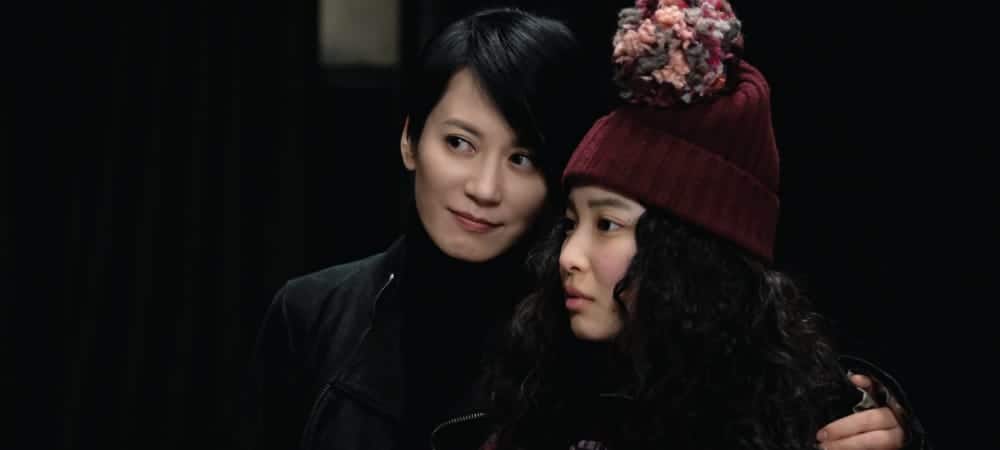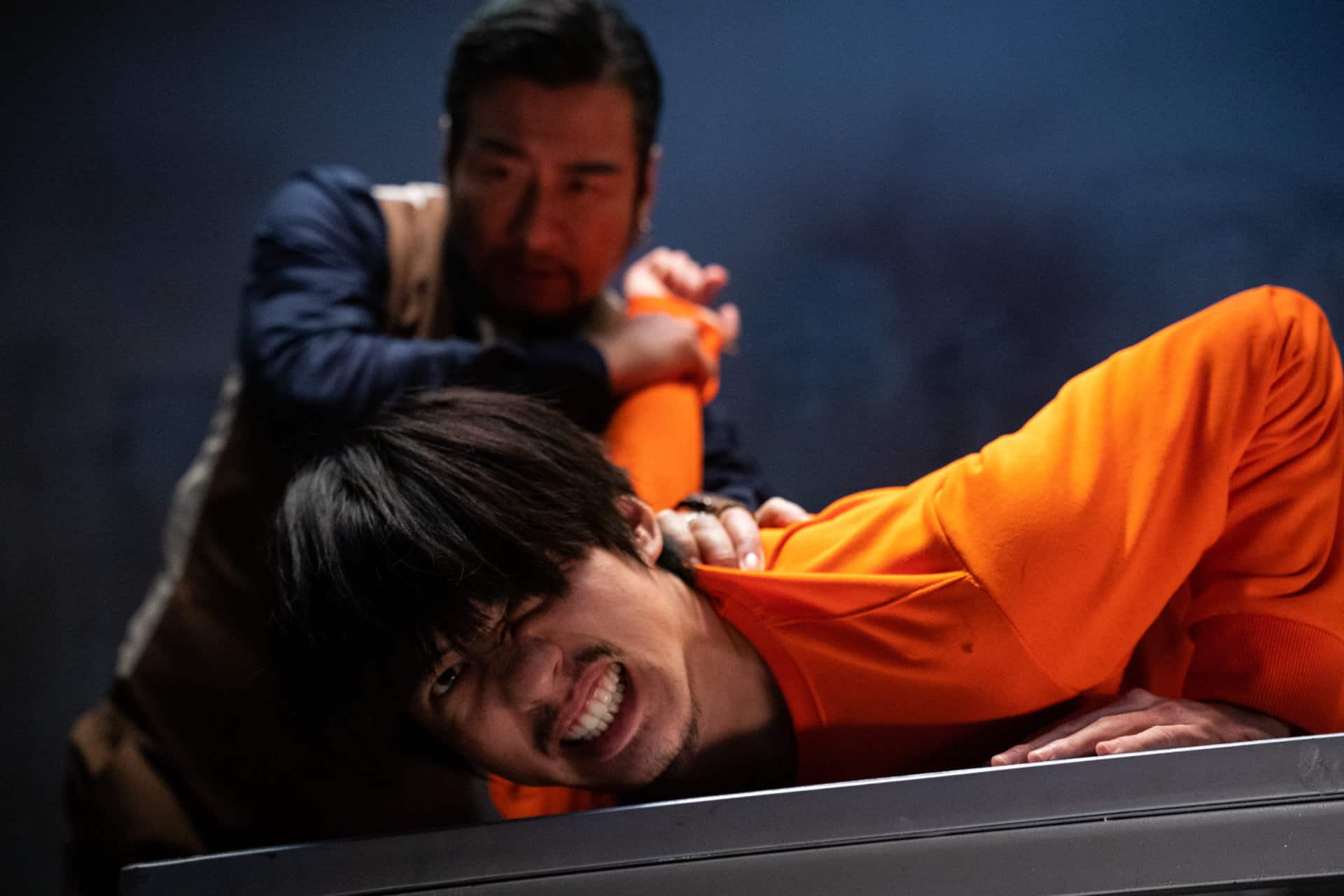After their first quite successful collaboration, it was only a matter of time before Meiko Kaji and director Toshiya Fujita would revisit the story of Yuki Kashima, better known under her nickname “Lady Snowblood”. While the first entry into the series followed in the footsteps of the manga series by Kazuo Kioke and Kazuo Kamimura, the sequel titles “Lady Snowblood: Love Song of Vengeance” is quite an interesting entry into the franchise, but also within Kaji's career, as the political undertones which were already present in its predecessor became even more evident, which might have been also thanks to Norio Osada's script. In that context the second movie about the female assassin wandering the roads of rural Japan in the Meji era is again on the one hand a period piece, albeit quite exaggerated or “heightened” at times, and on the other hand a sign of its times, the political and social upheavals which defined the 1970s, not only in Japan but all over the world.
Buy This Title
Following the events of “Lady Snowblood” Yuki Kashima (Kaji) is on the run from the authorities, while the legend of the female assassin and her tragic background have become common knowledge among people. However, after the death of her master, we see that the months of running away and fighting have taken a toll on Yuki, who finally gives in and lets herself be captured. On the way from prison to where she will be hanged, Kashima manages to escape with the help of a group of bandits, who turn out to be members of the Secret Police, controlled by Seishiro Kikui (Shin Kishida) who aims to employ the impressive set of skills of the assassin to observe and if necessary kill Ransui Tokunaga (Juzo Itami), a man whose possession of a critical document presents a great danger to the state.
However, while Tokunaga is quite an odd character, he also knows the true identity of the woman who takes the job as a maid in his household. Eventually he informs Yuki about the document and how the state has imprisoned, tortured and also killed those posing a potential danger, such as his colleagues. He wants the assassin to deliver the document to his brother so that they may finally be able to uncover the truth about the political system in Japan and start a revolution. Meanwhile, Kikui suspects Yuki might have betrayed their agreement and decides to take matters into his own hands.
It is certainly a shame Kaji's performance as Lady Snowblood did not spark more sequels, considering the tale of characters such as Itto Ogami and Zatoichi laid the foundation of quite a few movies. At the same time, you cannot help but admire the dedication and commitment of those involved in the two features, with the second one being undeniably the most ambitious considering its political themes. Similar to its predecessor, the short prologues gives the viewer some background on the history of Japan after the war against Russia and the following inflation, causing poverty, hunger, oppression and an overall widening of the gap between the rich and the poor. This also presents a constant visual theme in Fujita's movie and Osada's script, portraying, at times in great detail, the dirt, the hunger and the suffering of the underclass. At the same time, and through characters like Shusuke, brother of Ransui Tokunaga and a doctor for the poor, the narrative shows quite a lot of sympathy for the poor, who, despite the aforementioned aspects of their life, are spirited and free, as Shusuke says at one point.
Whereas Zatoichi's or Itto Ogami's involvement with the poor, the farmers or the workers, would be temporary, a small segment in their overall journey, there is something different within the overall development of Lady Snowblood. Interestingly, it is Shusuke, who she meets early on as she is still on the run, who points at the absurdity of her running away, especially since it is unclear what exactly she is fighting for. While still on the “path of carnage”, Yuki has repeatedly shown her compassion for those in need and who are repressed, a feature which is even more relevant in the sequel. Similar to his work in “Lady Snowblood” DOP Tatsuo Suzuki captures the expressive gestures and facial expression of Meiko Kaji, especially her eyes which, once again, shed some light into the emotions and thoughts of Yuki.
“Lady Snowblood: Love Song of Vengeance” is a great sequel to the franchise and (sadly) its last part . Its obvious political undertones and its portrayal of the period and its characters make Toshiya Fujita an enjoyable, but also quite thought-provoking feature, which again emphasizes the possibilities in the genre of exploitation. Additionally, it is Meiko Kaji's best performance as the character of Yuki Kashima.
















